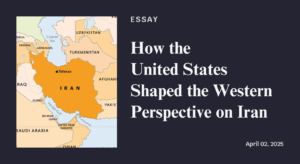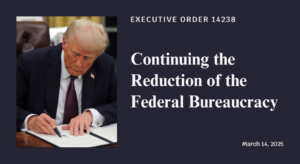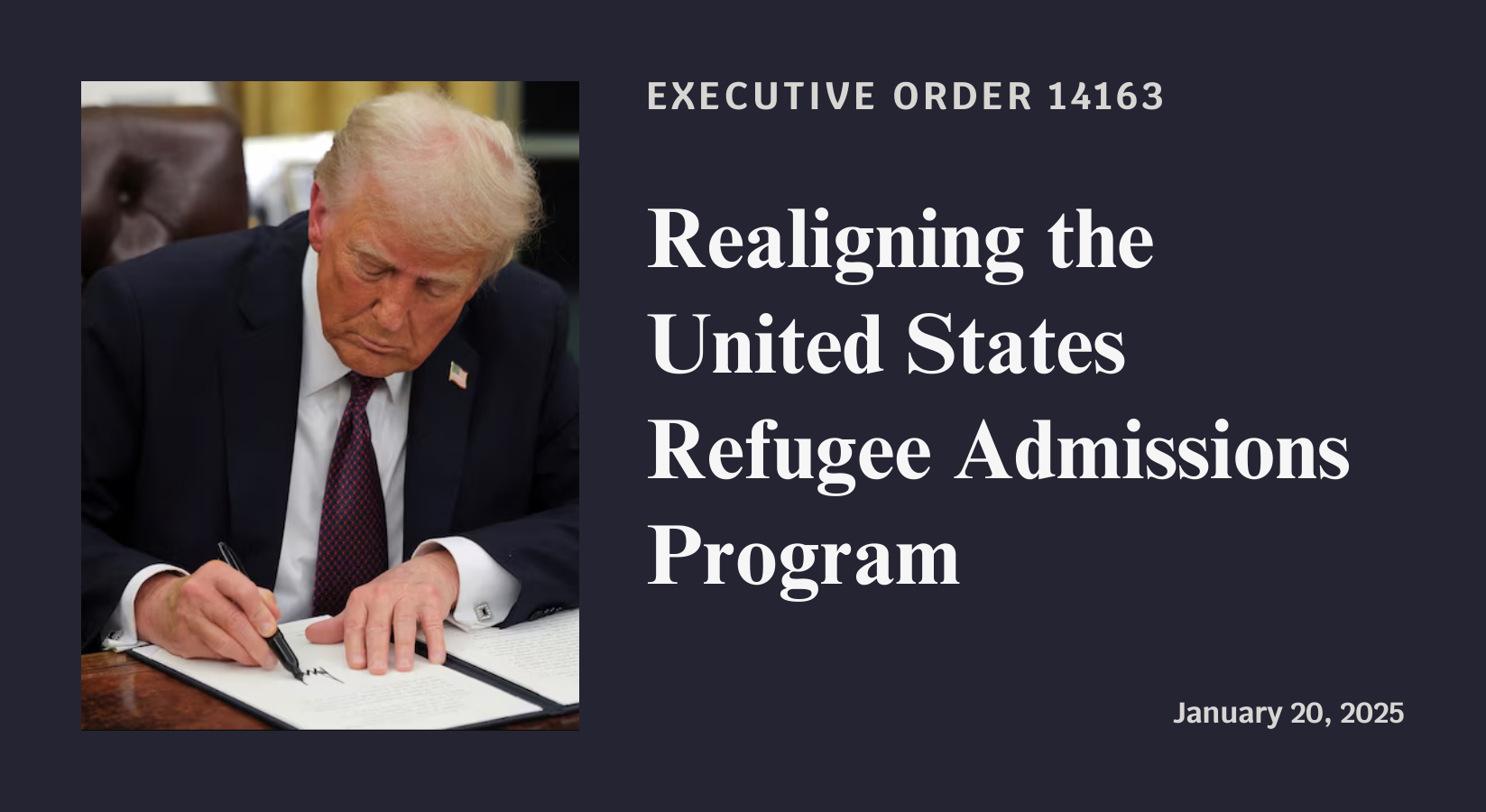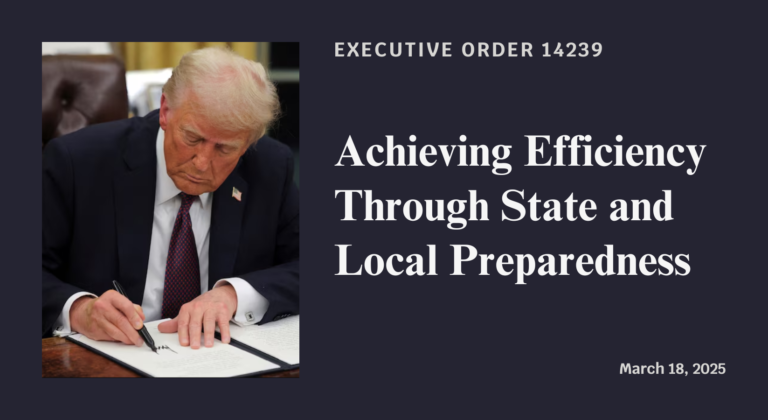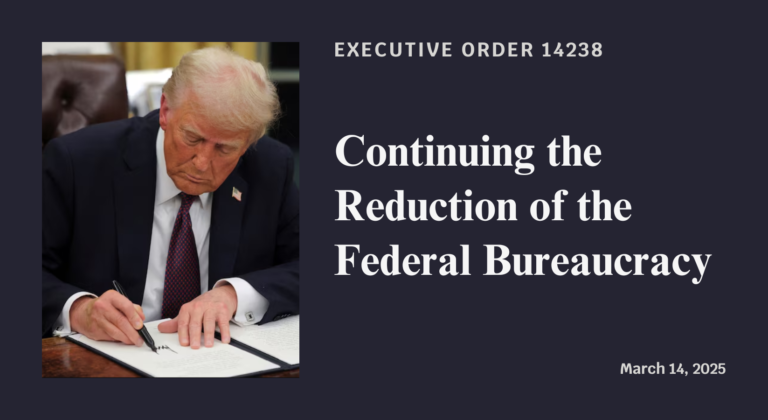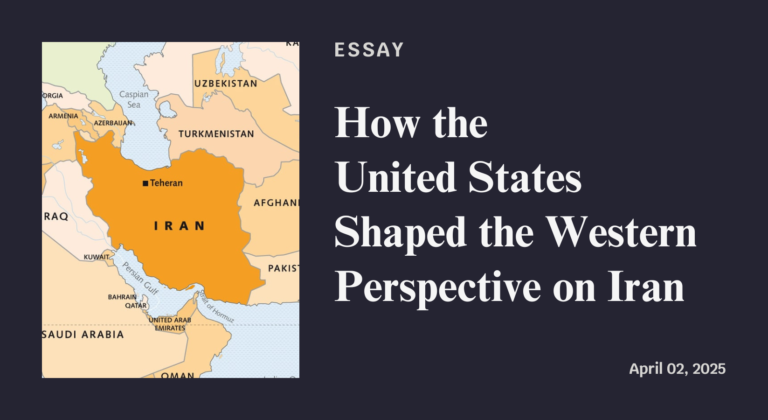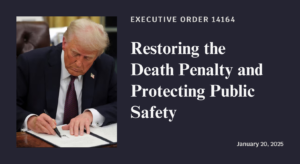Executive Order 14163
Realigning the United States Refugee Admissions Program
Signed on January 20, 2025
On January 20, 2025, President Trump signed Executive Order 14163, suspending the United States Refugee Admissions Program (USRAP) until further review. The order claims that the current refugee system places an undue burden on American cities and that suspending admissions is necessary for national security and resource allocation. It also seeks to grant state and local governments greater authority in determining whether refugees may be resettled in their jurisdictions. Additionally, the order revokes Executive Order 14013, which previously sought to expand and rebuild the refugee program.
🔗 Read the Executive Order on the Federal Register
🔗 Read the White House Announcement
What You Should Know
The order effectively shuts down refugee admissions indefinitely.
By suspending the USRAP, the administration is preventing thousands of refugees—many of whom have already undergone years of vetting and security screenings—from resettling in the United States. The program will only resume if the Secretary of Homeland Security, in consultation with the Secretary of State, determines that doing so is in the “interest of the United States.” However, the executive order does not specify any criteria or timeline for making this determination, meaning the suspension could last indefinitely.
This order misrepresents the impact of refugee resettlement on American communities.
The order claims that refugee admissions are overwhelming American cities and straining resources, but this assertion is not backed by data. Refugees, once resettled, contribute significantly to local economies, filling labor shortages, paying taxes, and revitalizing struggling communities. Numerous studies show that refugees have a net positive economic impact over time, yet this order frames them as a financial burden while ignoring the economic and humanitarian benefits of resettlement.
State and local governments are being given more power to reject refugees.
The order instructs federal agencies to explore ways to allow states and local jurisdictions to deny refugee resettlement. This echoes a failed 2019 Trump-era policy that attempted to let states block refugee placements but was struck down in court. The new directive could lead to further legal battles and create inconsistencies in how refugees are accepted across the country, further politicizing humanitarian aid.
The administration is using “assimilation” as a justification to limit refugee admissions.
The order states that refugees should only be admitted if they can “fully and appropriately assimilate” into American society but provides no clear definition of what that means. This language is reminiscent of past xenophobic policies that sought to exclude certain groups under the pretense that they could not integrate. Refugees already go through extensive cultural orientation programs, and history shows that they successfully integrate into American society over time, just as past generations of immigrants have.
The revocation of Executive Order 14013 reverses progress on rebuilding the refugee program.
The order repeals Biden’s Executive Order 14013, which had been focused on increasing refugee admissions, improving vetting processes, and addressing the impact of climate change on migration. This rollback eliminates efforts to restore the U.S.’s role as a global leader in refugee resettlement and further isolates the country from international humanitarian commitments.
Who Wins?
Anti-immigrant hardliners and nationalist groups
This order aligns with the long-standing goal of restricting refugee admissions, a key policy of anti-immigration advocates. By shutting down USRAP, the administration is reinforcing the narrative that refugees are a security threat or economic drain, despite overwhelming evidence to the contrary.
State and local politicians opposed to refugee resettlement
Some state and local officials who have pushed to limit refugee admissions now have more power to reject refugees in their jurisdictions. This means that even if the federal government eventually resumes USRAP, refugees could face additional barriers depending on where they seek resettlement.
Private detention and border security contractors
As the administration tightens immigration policies and blocks legal pathways for refugees, more people will be forced into the asylum system or face prolonged detention. This benefits private detention facilities and border security firms that profit from the incarceration and surveillance of migrants.
Who Loses?
Refugees fleeing persecution and violence
The most immediate victims of this order are the thousands of refugees who have already been vetted and approved but are now indefinitely barred from entering the U.S. Many of these individuals are escaping war, religious persecution, and political oppression, and now they are left without a path to safety.
American communities that benefit from refugee resettlement
Many cities and towns, particularly those experiencing population decline or labor shortages, have relied on refugee resettlement to revitalize their economies. Shutting down the program denies these communities an important source of economic and cultural growth.
Religious and humanitarian organizations
Faith-based organizations and NGOs play a crucial role in refugee resettlement, providing housing, job training, and community support. With the suspension of USRAP, many of these groups will lose funding and be unable to fulfill their humanitarian missions.
U.S. global leadership and reputation
This order sends a message that the United States is turning its back on its commitments to protect the world’s most vulnerable populations. Other countries, including U.S. allies, will be forced to bear the burden of resettlement, further diminishing America’s role as a leader in humanitarian efforts.
Executive Order 14163 is a significant step backward for refugee protections in the United States. By suspending the refugee admissions program indefinitely, it effectively shuts down one of the key pathways for humanitarian relief, disproportionately harming people fleeing violence and persecution. The administration’s justification relies on misleading claims about economic burden and security risks, despite evidence that refugees contribute positively to American society. The revocation of Biden’s executive order also erases progress made in rebuilding and strengthening the program. With no clear timeline for resumption, the fate of thousands of refugees remains uncertain.
Take Action
Support refugee advocacy organizations
Groups like the International Rescue Committee (IRC), Refugee Council USA, and the American Immigration Council work to support refugees and push for policy changes. Donating or volunteering can help provide resources for those affected by this order.
Contact your representatives and demand action
Congress has the power to pass legislation protecting refugee admissions and preventing executive overreach in immigration policy. Call or email your representatives to urge them to oppose the suspension of USRAP and advocate for refugee protections.
Educate others and challenge misinformation
Misinformation about refugees is widespread. Share accurate information about the economic and humanitarian benefits of refugee resettlement, and challenge fear-based narratives that seek to demonize displaced people.
Refugee resettlement has long been a cornerstone of America’s humanitarian commitment. Suspending the program under misleading justifications not only abandons vulnerable individuals but also damages the country’s moral standing. Stay informed, speak out, and take action to protect refugee rights.
